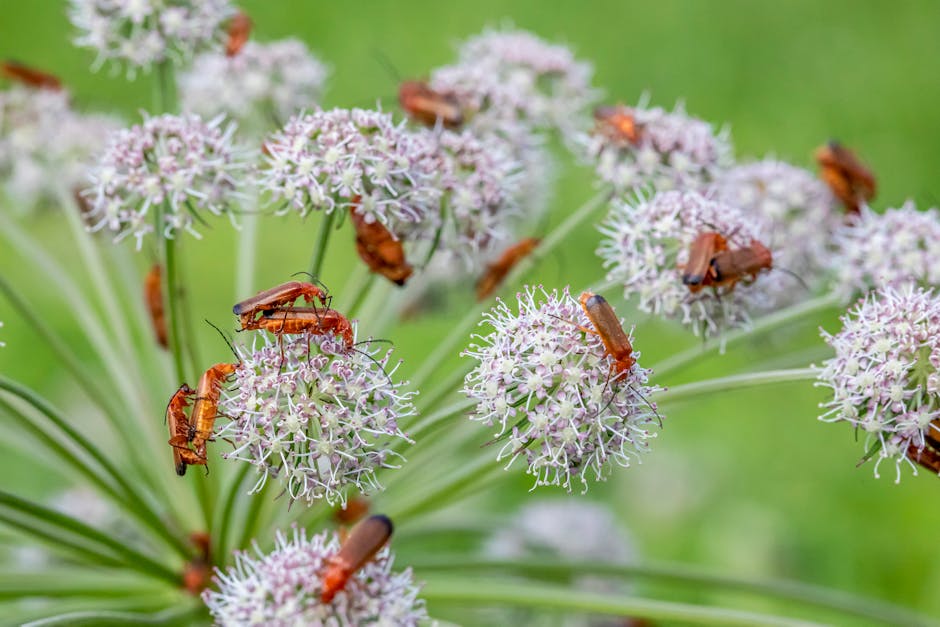For many people, when the much-anticipated vacation arrives, they often fall into confusion, not knowing how to spend it. Only when the holiday ends and they look back do they realize that this precious time off has been wasted. However, those who truly understand life are aware that taking a vacation is not merely about being lazy, but an art that requires careful planning and enjoyment.
Those skillful in the art of living regard their vacations as high-return investments, ensuring that time is not wasted through meticulous arrangements and enriching activities.
“Those who are proficient in the art of living make no clear distinction between work and play, labor and leisure, mind and body, education and recreation. They hardly know which is which, they simply pursue what they consider excellence in everything they do, and leave it to others to determine whether it is work or play. To them, they are always doing both.” This statement profoundly depicts the life attitude of passionate, joyful, and successful professionals. The core message is clear: find a job you love, a job where you can fully utilize your talents, and work will no longer feel like work. Similarly, the other side of vacationing is equally important: you must take your leisure time seriously, treating it as you would your career, and enjoy your rest so that you can return to work in top condition.
Take my friend John for example, a former CEO and Chairman of a top professional services company, now active in various prominent social activities. He views vacations as a means to improve thinking agility and clarity. For the past 25 years, he has organized at least one hiking trip each year, spending about a week trekking through beautiful mountains, national parks, or nature reserves with his wife and other couples. They rotate partners daily, allowing everyone to have in-depth conversations with all others. As a CEO, he schedules these activities prior to the global partners’ meeting, as he finds his creativity, enthusiasm, and even speech become more focused, enriched, clear, and powerful when unprepared.
Leadership scholar Richard firmly believes that enjoying vacations is a serious matter. He and his wife try various vacation experiences each year. Annually they plan one or two “learning vacations” to unfamiliar places. Once they choose a destination, they carefully study all the must-see attractions and must-try restaurants, plan every detail for each day. If neither speaks the local language, they usually hire a translator-cum-driver. Upon arrival, they immerse themselves in the local culture, spending ample time communicating with locals. Besides these active and goal-oriented vacations, they have two other relaxation routines: every year, they select a quiet and interesting boutique beach hotel, not the sort suitable for a family trip, bringing only books, sunscreen, and snorkeling gear. Additionally, they occasionally visit their seaside villa, free from guests’ disturbances and work concerns, where they can fully engage in meditation and gardening.
Therefore, from those adept at the artful life, the best tip we can learn for leisure use is: first, get moving. Scientific research has proven that our complex brains do not develop at rest, but evolve during activity.
Our ancestors were always active, so even during vacations, we too should maintain this habit. This is particularly applicable to those who spend long hours seated in work environments, such as professionals often sitting at meeting or office desks.
Choose a tranquil and beautiful environment as a leisure destination. Nature not only allows you to hear the voice deep inside but also inspires new goals and passions. Through an unforgettable hiking trip in the Yugular Canyon of the Castilla-La Mancha region in Spain, my wife Maria and I made a significant decision, which was to move from Madrid to Buenos Aires, and it has become one of the most important and successful transitions in my life.
Make an effort to meet interesting and different people during vacations. Leonardo da Vinci once listed fifteen tasks in a notebook, at least eight of which required consulting others, including two on studying others’ works. This indicates that efficient talents are usually full of intense curiosity and a spirit of cooperation, always looking for opportunities to make new friends, which is also applicable during vacations.
Learn to invest in things that bring happiness. Many people have prejudices against the enjoyment of material luxuries, often spending more on property, cars, clothing, etc., which tend to lose their initial charm over time and bring various problems and maintenance costs. Research shows that, in contrast, experiential consumption can provide a more lasting sense of satisfaction, as it brings not only fun but also opportunities for learning and growth. This makes high-quality vacations a highly rewarding investment.
Plan your holidays reasonably, rather than relying on luck. Smooth flight experiences, comfortable accommodations, pre-booked restaurants, and organized sightseeing tours can make your vacation much better. At the same time, the preparation work itself is also a pleasure. Think about what you can do, choose destinations and activities that will help you rejuvenate the most, thereby creating unforgettable memories.







